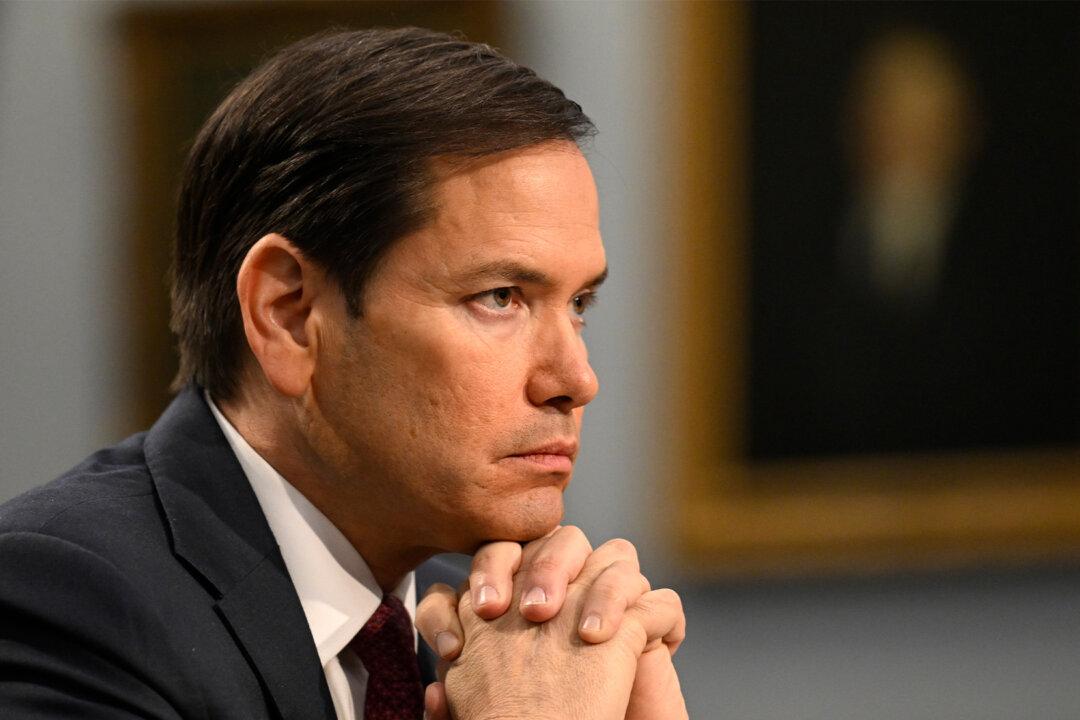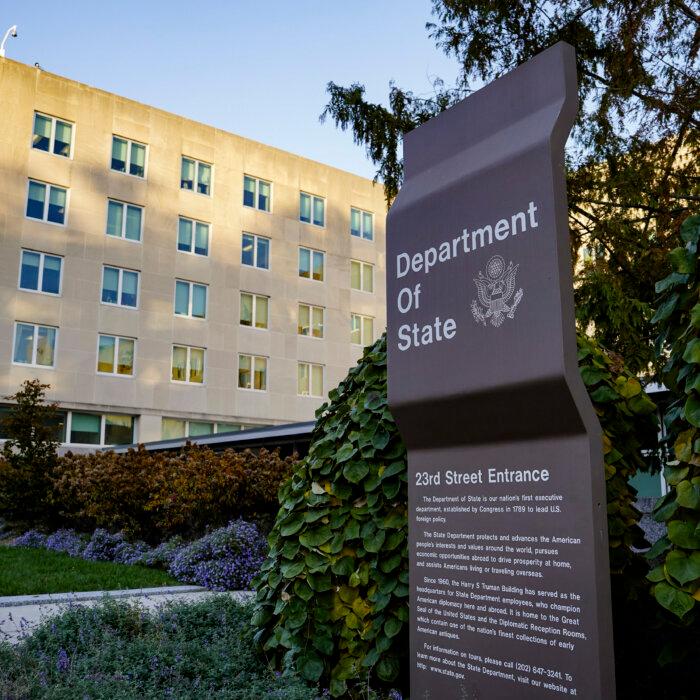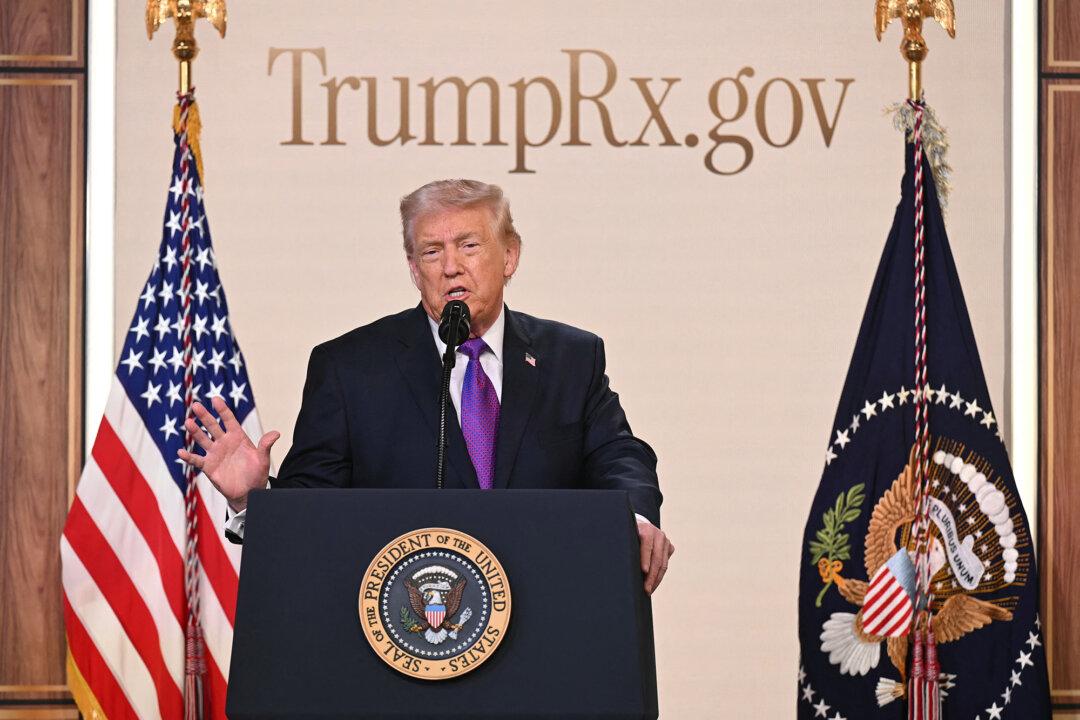The United States has issued a new visa policy targeting foreign nationals who censor Americans’ free speech abroad.
Secretary of State Marco Rubio suggested in a May 28 statement that this could also apply to officials involved in the overregulation of U.S. tech companies.
On May 21, Rubio alluded to a potential sanctioning of Brazilian Supreme Court Justice Alexandre de Moraes, who is overseeing the case against conservative former Brazilian President Jair Bolsonaro, over an alleged coup attempt following his loss of the 2022 elections.
Bolsonaro, who claims the 2022 election results were fraudulent, is viewed by many conservatives as a Brazilian President Donald Trump and has gained the sympathy of many of Trump’s followers.
Moraes has been accused by Trump and others of overreaching his judicial power by trying to block U.S.-based platforms in Brazil, having clashed with X and Rumble over their refusal to suspend the accounts of Bolsonaro ally Allan dos Santos, who was accused of spreading false information.
The judge ordered a nationwide block of X in Brazil in August 2024, after the platform failed to comply with court orders to remove certain accounts.
X owner Elon Musk first relinquished but then later complied, yet on Feb. 25, Moraes issued an order to X to pay a $1.42 million fine over his initial defiance.
A U.S. judge on Feb. 19 sided with the U.S. president’s Trump Media & Technology Group, and its platform Rumble, in a lawsuit against Moraes over orders to remove U.S.-based accounts from its platform.
The continuing theme of free speech over fears of moderating hate speech, disinformation, and other potentially harmful content has made its way over to Europe with the European Union’s Digital Services Act (DSA).
The DSA, effective since February 2024, closely moderates how digital platforms display their content, which sets itself at odds with the United States’ First Amendment right to free speech, fuelling transatlantic tensions between the two.
Free speech is generally seen as a cornerstone of American democracy, whereas Europe views speech as something that should be carefully guarded and built around guidelines.
Vice President JD Vance gave an impassioned speech at the AI Action Summit in Paris on Feb. 11, accusing the European Union of exporting “authoritarian censorship” to the United States through the use of the DSA, which has strangled U.S. digital platforms.
Meta, X, and Google, among others, have all found themselves under EU investigation over content moderation. As yet, no penalties have been issued.
But tensions remain high as threats of sanctions or tariffs remain on the table, with the EU seemingly unwilling to back down.
Senior adviser for the State Department, Samuel Samson, published an opinion article challenging the UK and Germany for their intrusive censoring methods, describing the DSA as “Orwellian content moderation.”
He also pointed to Adam Smith-Connor and Livia Tossici-Bolt, who were both independently arrested in the UK for silently praying outside abortion clinics.
There has been speculation from Samson and figures like Musk over Europe’s attack on conservatism, such as Germany’s popular Alternative für Deutschland party being labelled an extremist organisation over its anti-immigration stance, among other policies, putting it at odds with EU interests, which could lead to its exclusion from being able to register as a party.






